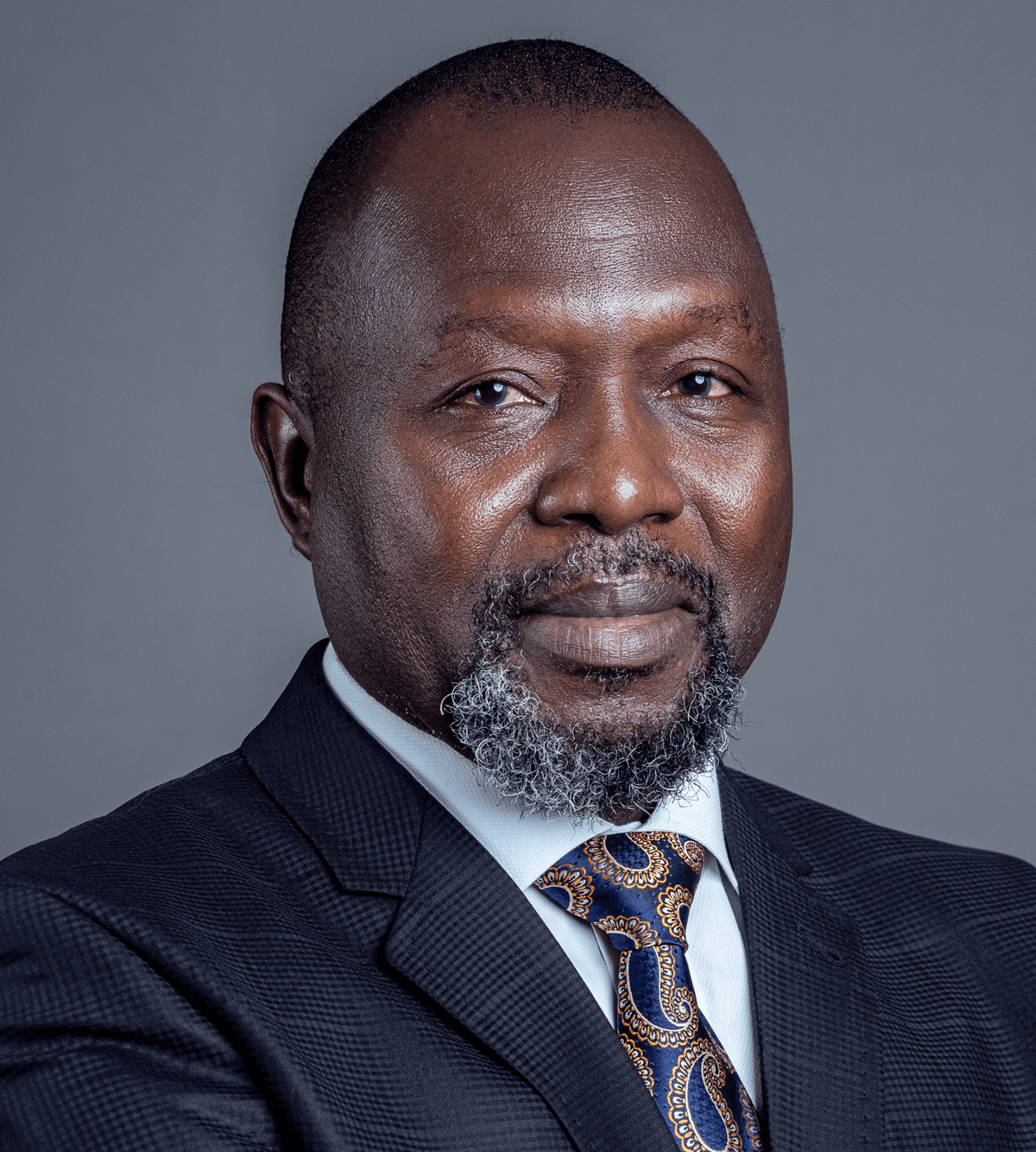Renowned legal scholar and governance advocate, Professor Stephen Kwaku Asare aka Kwaku Azar, has weighed in on the recent decision to discontinue prosecutions involving seven pro-NDC figures.
In a thought-provoking commentary, he challenges the discourse surrounding the cases, arguing that justice should not be confused with prolonged, inconclusive trials.
Each of these cases has been in the judicial system for at least seven years,” he pointed out, questioning whether prosecutions that drag on for nearly a decade without conviction serve the cause of justice.
If a case has been in court for nearly a decade without a conviction, it is reasonable to ask whether the evidence was ever strong enough to meet the legal threshold.
Kwaku Azar stated that justice demands both efficiency and certainty, noting that endless prosecutions weaken confidence in the legal system and place unnecessary strain on both defendants and public institutions.
He cited an instance where the Court of Appeal dismissed one of the cases after a trial judge had insisted the defence open its case, suggesting the prosecution had failed to meet its burden of proof.
While many critics have focused on the decision to drop these cases, Kwaku Azar argues that the real issue lies in why the prosecutions failed in the first place.
Why were these cases not successfully prosecuted, even when some claim the courts were favourable to the prosecution? Were they hurriedly initiated? Was the evidence insufficient? Were the charges politically motivated? he asked.
According to him, accountability and good governance should not be equated with insisting on perpetual trials.
Good governance does not mean insisting that prosecutions must continue indefinitely. It means ensuring that justice is pursued fairly, efficiently, and based on solid legal foundations, he stated.
Challenging those who insist the trials should have continued, Azar posed a fundamental question: “Are you seriously suggesting that defendants whose cases have been dismissed should still be prosecuted?
Are you saying that these trials should extend into a ninth or tenth year with no clear path to conviction? Justice is not served by perpetuating legal uncertainty.
For Kwaku Azar, the real focus should be on learning from these cases and strengthening Ghana’s legal and prosecutorial framework.
Rather than framing this discussion as a mere political issue, it would be more constructive to ask: How do we ensure that politically sensitive prosecutions are built on strong legal foundations rather than expedient narratives? he urged.
He proposed that reforms should prioritize prosecutorial integrity, effective case management, and a legal system that delivers justice promptly.
The true measure of a strong legal system is not the length of prosecutions but their ability to deliver fair, timely, and legally sound outcomes, he said.
Despite his firm stance on the need for efficiency in prosecutions, Kwaku Azar reaffirmed his commitment to fighting corruption.
We believe in holding individuals accountable for corruption and financial misconduct, regardless of their political affiliation. However, we do so in a neutral and principled manner, refusing to politicize the fight against corruption, he stated.
He concluded by reiterating that endless prosecutions of weak cases do not serve the cause of justice.
Justice is not served by keeping individuals in legal limbo for years when cases lack the strength to secure convictions.
The rule of law demands not only the pursuit of accountability but also efficiency and fairness in legal proceedings, he asserted.







